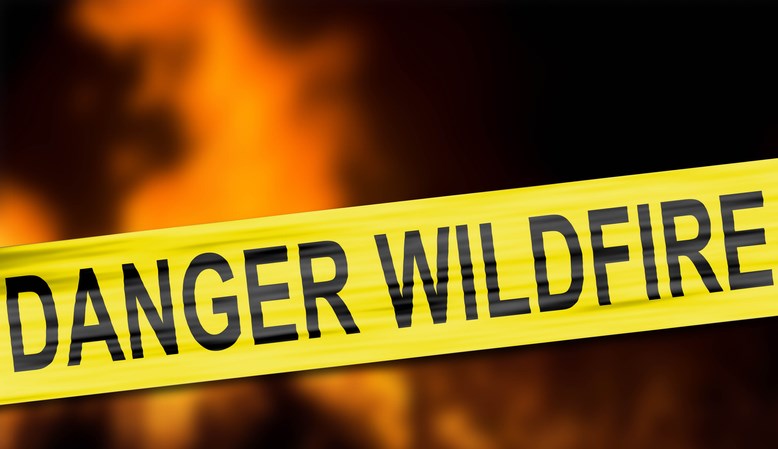REGINA - Saskatchewan Public Safety Agency has provided its latest end-of-week update on the northern wildfire situation, and there has been some good news to report.
Weather conditions have improved, and the fire situation has improved to the point where it that has allowed a number of evacuees to be able to return home. SPSA is reporting evacuees from Buffalo River and Ile-a-la-Crosse who had been evacuated in Regina have returned home.
SPSA Vice-President Steve Roberts told reporters that the "weather that we are currently experiencing, which is cooler and we have had showers on some of these fires already, have allowed the crews to switch from indirect to direct tasks and put more resources on the lines securing those critical boundaries that are near the communities. So even though there remains some smoke hazard, the physical threat to those communities has been reduced.”
He said local leadership made the decision to bring their people back, other than those with critical medical conditions and many of those are still out of the community at this time.
SPSA is also continuing to support those from other communities impacted such as Patuanak, which is still under an evacuation order.
SPSA is supporting 52 people in Lloydminister from Buffalo Narrows and 131 in North Battleford from Patuanak. SPSA also is continuing to provide support on behalf of Meadow Lake Tribal Council for evacuees from Dillon, St. George’s, Michel Village, English River and Patuanak, in Lloydminster and North Battleford.
SPSA also is reporting they have lifted the travel advisories for the Montreal River north of Hwy 2 and JCT 165, the area in and near Besnard Lake, and the area north of the Churchill River near the Smith and McCrae fires. The SPSA reports that the 23WY-Meyak, 23LA-Wistigo, 23LX-Smith and the 23LA-McCrae fires no longer pose a threat to travellers, boaters and paddlers in those areas. People are still being reminded to use caution and check for fire bans, advisories and air quality alerts when travelling in areas impacted by wildfires.
As for the latest conditions, Marlo Pritchard, SPSA President and Fire Commissioner, reported 21 active fires burning in the province as of 10:30 a.m. that morning.
Of the active fires, 10 are undergoing ongoing assessment, three are classified as contained, three are classified as protecting property and five not contained.
The wildfires of note include the following:
The Vermette fire is currently 65,547 hectares in size located southwest of Dillon, with nearby communities include Dillon, St. George’s Hill and Michel Village. Pritchard said it is being resourced by Type One, Type Two and Type Three firefighters and heavy equipment and air tankers are supporting. Crews are working to contain all hotspots on the north east side of the fire towards St. George’s Hill, and Crews are also moving to the north west corner to construct a helicopter pad there in order to move crews to the perimeter.
The Shaw Fire is currently 133,113 hectares and located between Buffalo Narrows and Ile-a-la-Crosse. It is being serviced by Type One and Type Two firefighters and by heavy equipment, helicopters and air tanker support.
The Wistigo fire is 62,766 hectares southeast of Pinehouse. Type One, Two and Three firefighters are resourcing the fire along with heavy equipment and helicopters. Value protection work continues southeast of Pinehouse Lake.
The Sharp fire is north of La Ronge and is currently 17,965 hectares. It is being resourced by Type One crews, helicopters and air tankers. Value protection work continues in the Nemieben Lake area.
The KPIR-02 fire is 4,605 hectares south of Deschambault Lake. It is being resourced by Type One, Two and Three crews, helicopters and air tankers. Crews are working on the southern end of the fire.





